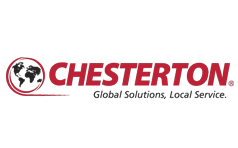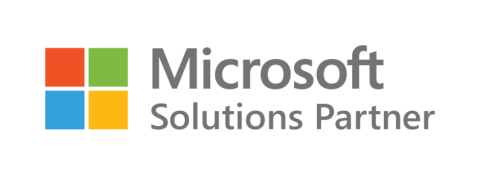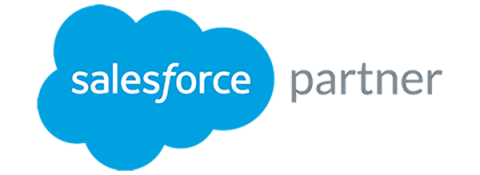CRM consulting services that can help you meet your goals
How do you keep your clients happy? And how do you keep them loyal? At Alithya, we understand that oftentimes happy customers = a successful business.
Enter the world of customer relationship management (CRM) solutions.
Alithya’s experts can help you make the right CRM choices to create more engaging customer experiences, leverage intelligent sales and marketing, enable proactive customer services, unleash connected field services, and connect with every customer.



